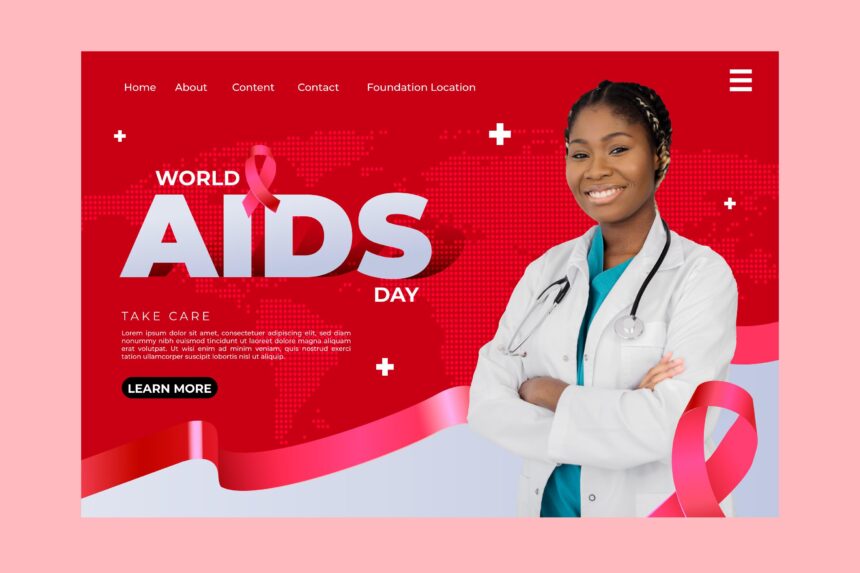Title: The Role of Health Insurance in Covering HIV/AIDS Treatment in South Africa
Introduction
HIV/AIDS continues to be a significant public health challenge globally, and South Africa has been heavily impacted by this epidemic. Access to comprehensive healthcare, including HIV/AIDS treatment, is crucial in effectively managing the disease and improving the quality of life for affected individuals. In this article, we will explore the role of health insurance in covering HIV/AIDS treatment in South Africa.
- Coverage for Antiretroviral Therapy (ART)
Antiretroviral therapy (ART) is the cornerstone of HIV/AIDS treatment, helping individuals manage the virus and maintain a healthy immune system. Health insurance plans play a vital role in covering the costs associated with ART medications. These plans typically include coverage for various antiretroviral drugs prescribed by healthcare providers. It is important to review the specific coverage details of health insurance policies to ensure they include ART medications.
- Laboratory Tests and Diagnostic Procedures
Regular monitoring of viral load, CD4 cell count, and other laboratory tests is essential in managing HIV/AIDS. Health insurance plans can cover the costs of these diagnostic procedures, enabling individuals to receive accurate and timely results to guide their treatment decisions. It is important to review the coverage terms to ensure that laboratory tests and diagnostic procedures related to HIV/AIDS are included in the policy.
- Consultations and Specialist Care
Effective management of HIV/AIDS often requires ongoing consultations with healthcare providers, including specialists in infectious diseases or HIV/AIDS. Health insurance can provide coverage for these consultations, ensuring that individuals have access to the necessary expertise and guidance throughout their treatment journey. Review the policy to confirm that consultations and specialist care related to HIV/AIDS are covered.
- Hospitalization and Inpatient Care
In some cases, individuals living with HIV/AIDS may require hospitalization due to complications or more intensive treatment. Health insurance coverage can include provisions for hospitalization and inpatient care, ensuring that individuals have access to necessary medical facilities and treatments. Review the policy to determine the extent of coverage for hospitalization related to HIV/AIDS.
- Preventive Care and Wellness Programs
Prevention is an essential aspect of managing HIV/AIDS. Health insurance plans can include coverage for preventive care services, such as regular HIV testing, counseling, and access to contraceptives. Additionally, some insurance providers may offer wellness programs that promote healthy living and provide support for individuals living with HIV/AIDS. These programs can contribute to better overall health outcomes and disease management.
- Support for Opportunistic Infections
HIV/AIDS weakens the immune system, making individuals more susceptible to opportunistic infections. Health insurance plans can provide coverage for the treatment of these infections, which may include medications, hospitalization, or specialized care. It is important to review the policy to ensure that opportunistic infection treatments are covered.
- Confidentiality and Non-Discrimination
Health insurance plays a vital role in ensuring confidentiality and non-discrimination for individuals living with HIV/AIDS. Insurance providers are bound by laws and regulations that protect the privacy and rights of individuals with HIV/AIDS. Review the policy’s provisions regarding confidentiality and non-discrimination to ensure that your rights are protected.
- Government Initiatives and Support
In South Africa, the government has implemented various initiatives to expand access to HIV/AIDS treatment, including the provision of free antiretroviral medications through public health facilities. While health insurance coverage for HIV/AIDS treatment is important, it is essential to consider the availability of government support and assess whether a health insurance plan complements or duplicates these existing initiatives.
Conclusion
Health insurance plays a crucial role in covering HIV/AIDS treatment in South Africa. By providing coverage for antiretroviral therapy, laboratory tests, consultations, specialist care, hospitalization, preventive care, support for opportunistic infections, and ensuring confidentiality and non-discrimination, health insurance plans contribute to comprehensive care and management of the disease. It is important for individuals living with HIV/AIDS to carefully review the coverage details and choose a health insurance plan that meets their specific needs, while considering the availability of government initiatives and support. Access to adequate healthcare coverage ensures that individuals can receive timely and appropriate treatment, leading to improved health outcomes and a better quality of life.










